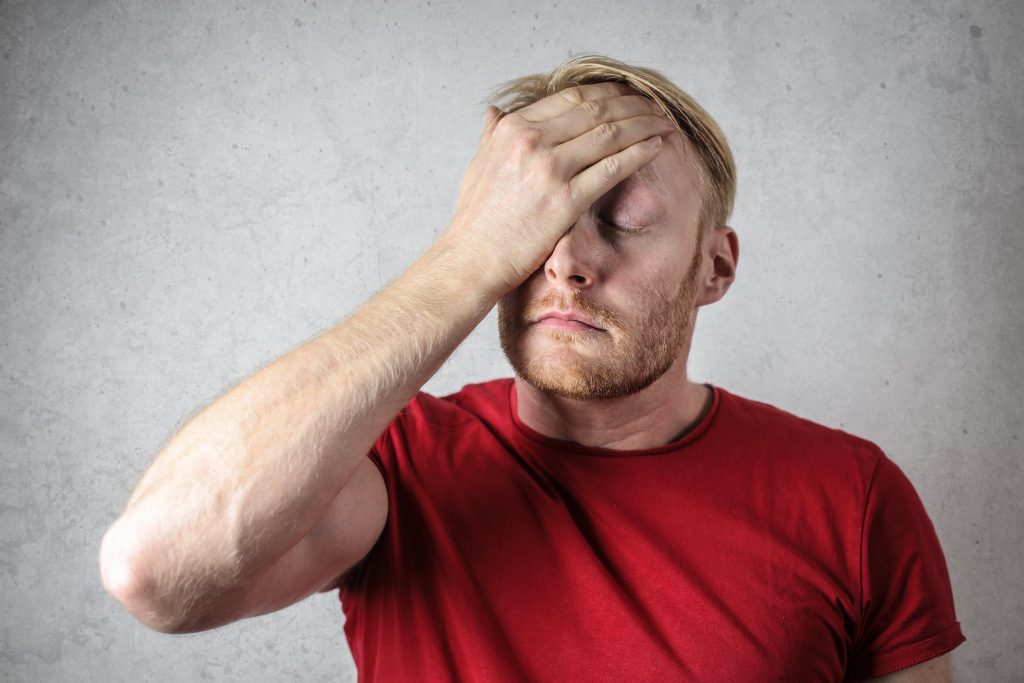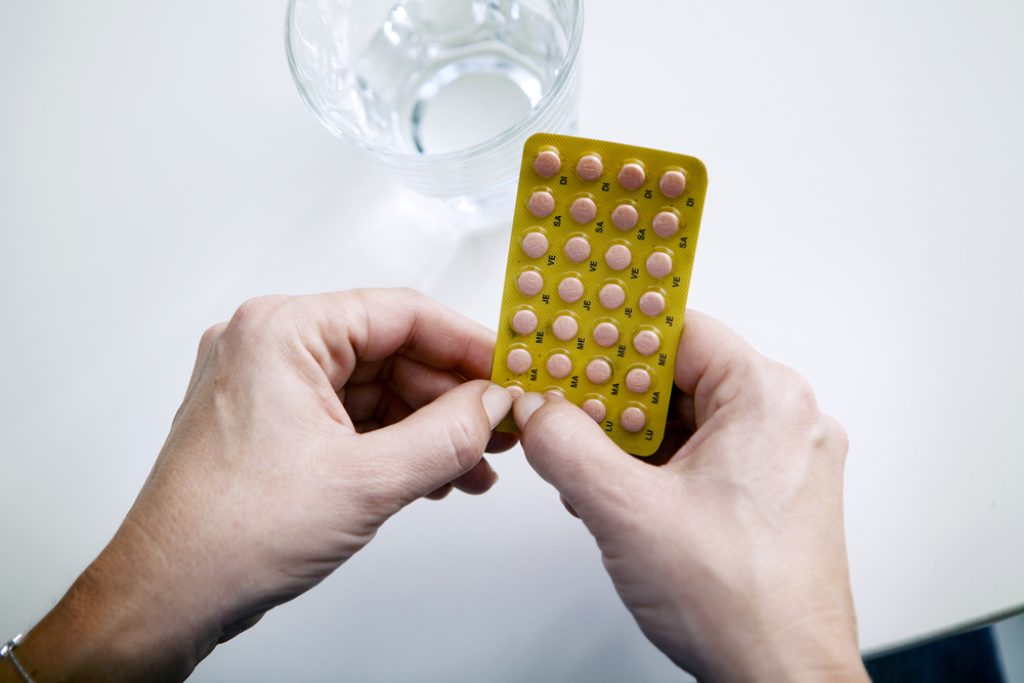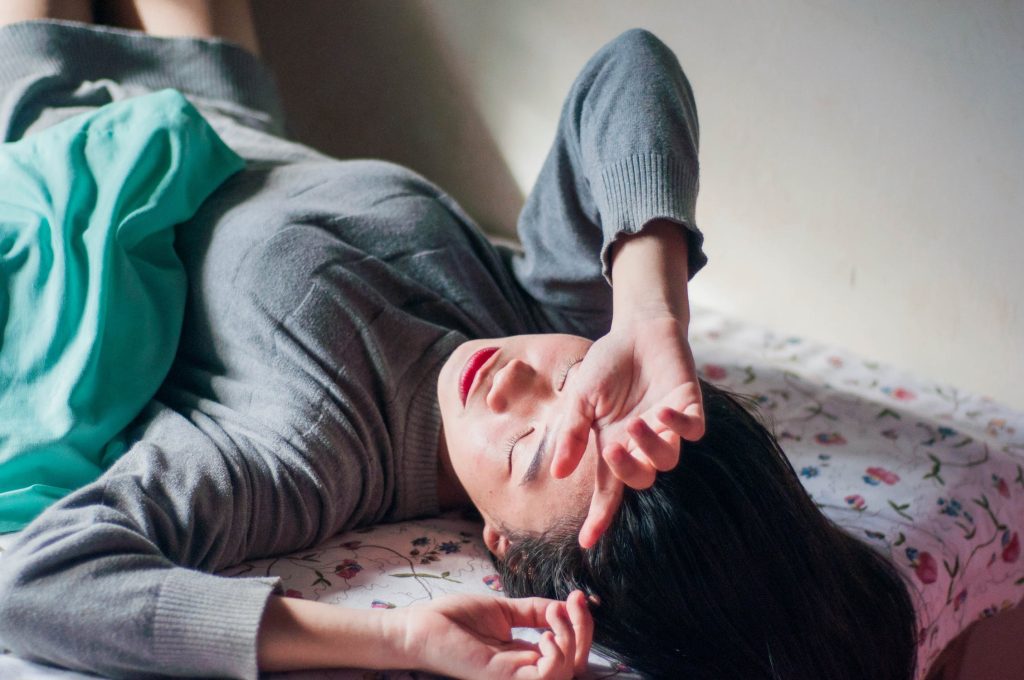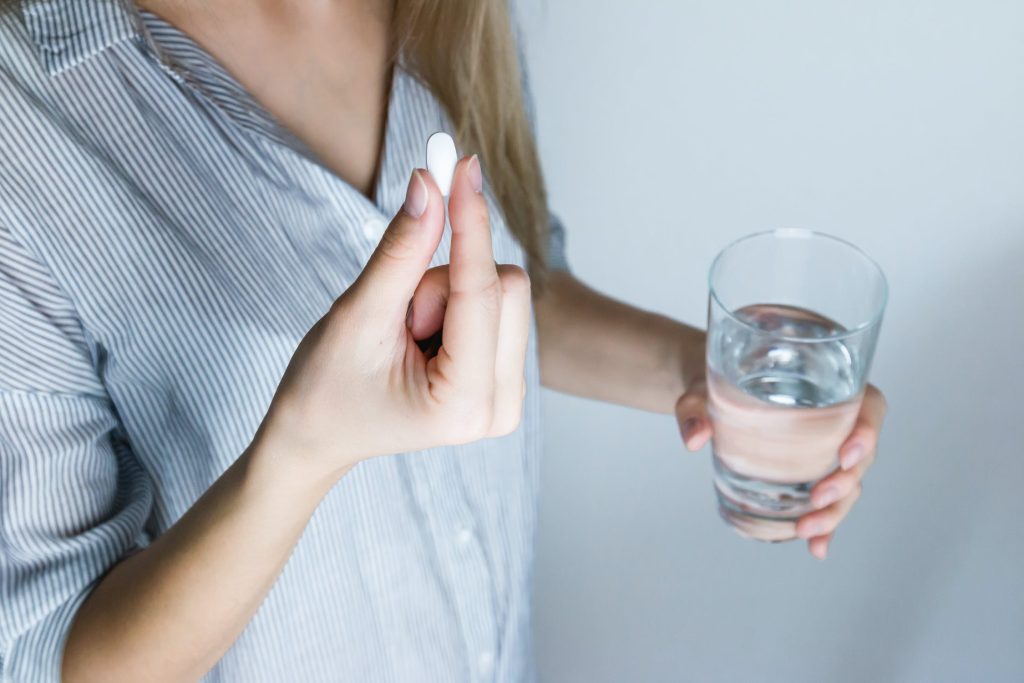
Menopause is the name given to the process by which a woman’s reproductive system shuts down when a person goes through middle age. The ovarian artery stops producing estrogen and the menstrual cycle stops. Once this happens, the body goes through a period of adjusting to low hormone levels, which is why some women experience symptoms such as hot flashes and mood swings. Menopause usually begins between the ages of 40 and 60 and lasts for six to thirteen years with a decrease in symptoms over time.
Menopause is usually diagnosed by symptoms alone, but blood tests can be done in advance to confirm the diagnosis.
Table of Contents
Early Menopause Symptoms: Pre-menopause
When menopause is about to begin, there is usually an interval when menstruation becomes irregular. Short or long, heavy or light, or with uneven frequency. This is called perimenopause. It is a good idea to see your doctor about any dramatic changes in your period, even if you suspect that perimenopause is the culprit.
Signs of menopause: Signs of menopause

Source: pexels.com
Don’t be intimidated by the size of this list, not all women experience menopausal symptoms, and not all women who experience these symptoms. Here are the most common:
• Warm glow
• Sweating at night.
• Trouble sleeping
• Pain during intercourse
• Vaginal itching, dryness, or bleeding
• Increased frequency of urination
• Increased urinary urgency
• Irregularity
• Arthritis
• Muscle pain
• Backache
• Thinning or sagging of the skin
• Mood swings
• Irritability
• Fatigue
• Memory impairment.
Menopause also increases the risk of heart disease, osteoporosis, osteoporosis, and other diseases. You should see your doctor for a personal risk assessment.
Premature menopause
About 2% of women knowledge menopause ahead of the age of 40. There are many causes of early menopause in women, including thyroid disease, diabetes, and undergoing chemotherapy.
When menopause occurs, blood FSH and LH levels rise.
Male menopause

Source: pexels.com
Before you start laughing, you should know that just as women go through a process where their reproductive system shuts down, so do men. In men, this process is called andropause and involves the cessation of testosterone production. Men who experience andropause are usually between the ages of 40 and 60, and this process is usually much more gradual than menopause. For more information about Andropause please visit bywinona.com
Treatment of menopausal symptoms
Unfortunately, the symptoms of menopause are so widely from one woman to another that there is no miraculous cure for your pain. If you are in the midst of menopause and are looking for relief, the first thing to do is to go to your doctor to talk about your symptoms as well as their possible treatment.
The other place you should get advice is from your mother. Your puberty experience is likely to be similar to that of your mothers, so they should have enough advice and experience to relate to you.
With the exception of these two people, you should read and learn as much as possible. Menopause is a very complex process that cannot be adequately covered in a single article (hence the links to other resources are scattered on this page). The more you know, the better prepared you will be to deal with the symptoms and the dangers. You will find that many of your readers’ tips will point to general health practices. Exercising, eating right, not smoking, taking supplements, etc.
More information on herbal remedies for menopause and specific treatments for symptoms can be found at the bottom of this page.
Hormone Replacement Therapy (HRT)

Source: pinterest.com
Hormone replacement therapy involves the manual replacement of hormones that your body has stopped producing. It has been shown to significantly reduce the incidence of osteoporosis as well as menopausal symptoms, however – it has also been shown to increase the risk of Alzheimer’s disease, heart disease, breast cancer, and stroke. The decision to start HRT should not be taken lightly, you should talk to your doctor and fill your mind with as much information as you can stand.
Home Remedies for Menopause
Sometimes it feels like menopause is tearing you apart. Don’t let it frustrate you, there are some treatments that can help you keep it together. Anything that is good for your overall health will help with your menopausal symptoms. Take daily supplements, some specially formulated for the female body as it goes through menopause.
Night sweats warm glow and night sweats

Source: pexels.com
The most common sign of menopause: are hot flashes and night sweats. Hot flashes are sudden, intense sensations of heat that travel through the body, often accompanied by chills and sweating. flashes can last from 50 seconds to 30 minutes and are often accompanied by a feeling of uneasiness.
Although there is no known way to prevent hot flashes that have already been affected, many women have noticed that there are environmental factors that seem to increase the frequency of hot flashes. These are hot and humid weather, anxiety, alcohol, caffeine and other stimulants, spicy foods, and lack of sleep. Black cohosh has also been reported to help with hot flashes.
Painful intercourse
Thinning and drying of the vagina is an unfortunate effect of menopause, especially since it is not always accompanied by a decrease in sexual desire. The bad news is that they will continue to thin and dry out. The good news is that they can often negate these effects through regular sex. The expression “use it or forget it” comes to mind. Personal lubricants can help with dryness and itching.
Bladder control

Source: pexels.com
When menopause begins, the muscles that surround the bladder begin to weaken and may result in a feeling of urination or some accidental leakage. These muscles can be controlled by exercising through Kegel exercises. Kegel exercises are designed to strengthen the muscles in your pelvis and can really help with bladder control problems associated with menopause.
To exercise Kegel, contract your pelvic floor muscles as if you were trying to tighten your vaginal opening, hold the contractions for three counts and relax.
Wrinkles
Your skin is more prone to stretch marks and wrinkles during and after menopause because the body produces less elastin and collagen. Start a daily routine of applying a high-quality lotion to your body to keep your skin hydrated and supple.







